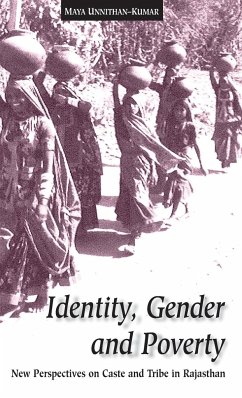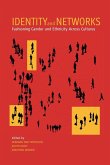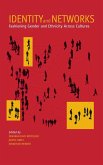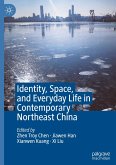Most studies of the so-called tribal communities in India stress their social, economic, and political differences from communities that are organized on the basis of caste. It was this apparent contrast between tribal and caste lifestyle and, moreover, the paucity of material on tribal groups, that motivated the author to undertake this study of a poor "tribal" community, the Girasia, in northwestern India. While carrying out her fieldwork, the author soon became aware that the traditional tribe-caste categories needed to be revised; in fact, she found them more often than not to be constructs by outsiders, mostly academic. Of greater importance for an understanding of the Girasia was the wider and more complex issue of self-perception and identification by others that must be seen in the context of their poverty as well as in the strategic and shifting use of kinship, gender and class relations in the region.








